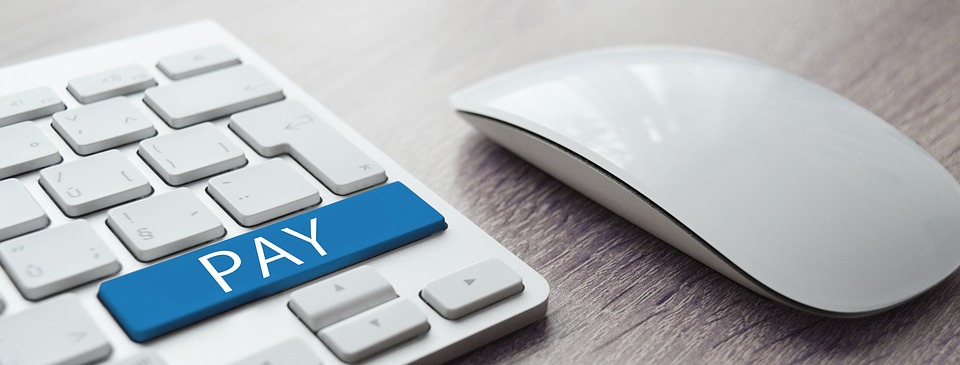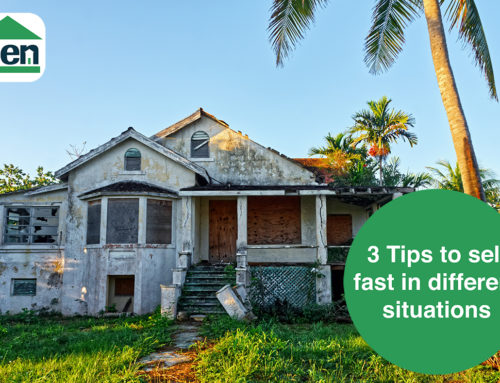Paying closing costs is simply a reality of a home purchase. But, who pays closing costs? It can be confusing to figure out exactly who pays the various fees and other expenses that are associated with the home-buying transaction. Keep reading to learn more about closing costs and who must pay them.
Who Pays Closing Costs?
The Buyer’s Side
Becoming a homeowner is expensive. Not only do home buyers need a substantial down payment for their new home, but they also must figure out how to pay for the remainder of the cost, usually through monthly mortgage payments. But, the costs do not stop there. Closing costs for a home buyer generally run between two and five percent of the final sale price. These costs are comprised of the following fees:
- Attorneys fees.
- Credit report fee.
- Loan origination fee.
- Inspection costs.
- Discount fees.
- Discount points.
- Appraisal fees.
- Survey fees.
- Lender’s recording fees.
- Title search fee.
- Escrow deposit.
- Recording fees.
- Underwriting fees.
The Seller’s Side
Home buyers are not the only ones who are responsible for paying closing costs. Sellers have to pay them, too. However, their closing costs are a bit different than a home buyer’s are. Sellers are responsible for paying the sales commission to both the buyer’s and seller’s real estate agents. Combined, these costs generally add up to about six percent of the sale price. Sellers also must pay the following fees as part of their closing costs:
- Title insurance premiums.
- Transfer taxes and recording fees.
- Prorated taxes and homeowners association (HOA) dues.
- Home warranty premiums (where applicable).
Avoiding Closing Costs
Closing costs can quickly add up and become a burden. As a home buyer, you can defray your costs by requesting that your closing costs be paid by the seller. Normally when the buyer and seller strike a deal of this nature, it is worked into the purchase offer. Here are some ways to improve your chances of getting a seller to agree to pay at least part of your closing costs:
- Make a strong purchase offer on the house.
- Offer to close quickly.
- Do not make a lot of demands.
Lowering Your Closing Costs
Thankfully, as the buyer, you can take some proactive steps to decrease the amount of money you will have to pay in closing costs. Here are some ways to make sure that your closing costs stay reasonable:
Choose the right lender.
- Buy a house that is reasonably priced.
- Pick the right kind of loan and compare the loan offers you get.
- Increase your credit score.
Closing Costs for a Cash Sale
When a home is purchased for cash, a lot of the closing costs that are associated with financing a home are not necessary. However, that does not mean that the home buyer has to pay no closing costs. Here is a breakdown of closing costs that need to be paid in a cash sale:
- Earnest money deposit.
- Appraisal fee.
- Property inspection.
- Survey fee.
- Title insurance.
- Title search fee.
- Escrow fees.
- Notary fees.
- Attorney fees.
These fees are generally all the responsibility of the home buyer. However, the buyer can negotiate a deal with the seller if both parties are amenable to it. Each situation is different and the breakdown of which party pays which fees is dependent on any deal that is struck between the buyer and seller.
If you are looking to sell your Indianapolis area house, Ben Buys Indy Houses can take it off of your hands. We will pay you cash, and we will take care of all of the closing costs. There is no haggling or deal-making necessary because we will give you the best offer for your home. So, you will walk away from the transaction with more money in your pocket. You simply cannot lose. Contact us today to get more information about how we can help you by buying your house for cash!





